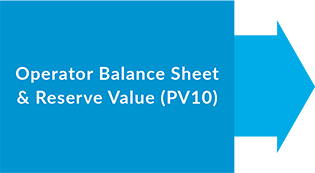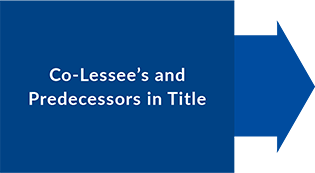
- Independents consistently remove structures each year
- Balance sheet restructurings provide for more capacity for abandonment liabilities
- Abandonment liabilities attach to the asset (lease) & cannot be decoupled from the underlying oil and gas cash flow


